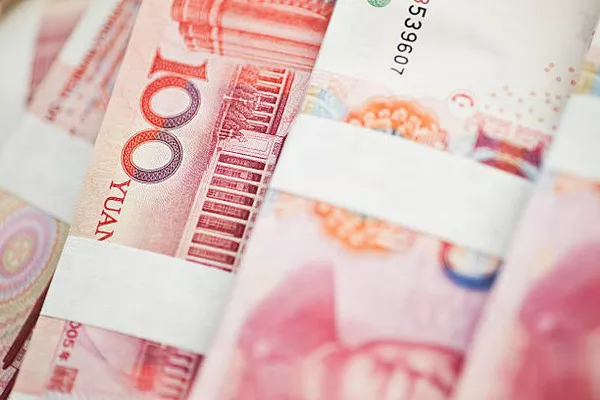In recent years, China has been making significant strides in its quest to elevate the status of the yuan (CNY) as a global reserve currency. As the world’s second-largest economy, China’s ambitions are not unfounded; however, several challenges hinder the yuan from achieving the coveted status of the world’s primary reserve currency. This article explores the key factors preventing the internationalization of the Chinese yuan and the obstacles it must overcome to challenge the supremacy of the U.S. dollar.
Lack of Full Convertibility
One of the primary obstacles to the yuan’s global dominance is its limited convertibility. Unlike the U.S. dollar, which is fully convertible, the yuan remains subject to capital controls imposed by the Chinese government. These restrictions limit the free flow of capital in and out of the country, hindering the yuan’s acceptance in international trade and finance. Investors and central banks are more likely to embrace a currency that offers unrestricted convertibility, as it provides greater liquidity and flexibility for global transactions.
China has taken steps towards liberalizing its capital account, but full convertibility is yet to be achieved. The government fears that removing all capital controls could expose the economy to external shocks, and thus, it proceeds cautiously in this regard.
Incomplete Market Reforms
While China has made significant strides in economic reforms, including the establishment of the Shanghai and Shenzhen Stock Exchanges, certain key reforms are still pending. A fully developed and transparent financial market is crucial for the yuan to be considered a reliable global reserve currency. China must continue to implement reforms that enhance market efficiency, regulatory transparency, and investor protection.
The lack of a fully matured financial market also contributes to concerns about the yuan’s stability. Investors are more likely to trust a currency that operates within a well-established and regulated financial system, minimizing the risk of abrupt market fluctuations.
Monetary Policy Transparency
Global reserve currencies are expected to be supported by transparent and credible monetary policies. China’s central bank, the People’s Bank of China (PBOC), has made progress in improving communication and transparency in recent years. However, there is still a perception that the monetary policy decision-making process in China lacks the level of transparency seen in major reserve currency-issuing countries.
For the yuan to gain international trust, the PBOC needs to enhance its communication strategies, provide clearer guidance on policy objectives, and maintain a consistent approach to monetary policy. This will help reassure global investors and central banks about the stability and predictability of the yuan’s value over time.
Limited Financial Infrastructure
Another significant challenge for the yuan’s internationalization is the limited reach of China’s financial infrastructure. The dominance of the U.S. dollar is partly attributed to the extensive network of financial institutions, markets, and instruments denominated in dollars. China is gradually expanding the international use of the yuan through initiatives such as the Belt and Road Initiative and currency swap agreements, but it still has a long way to go to match the widespread acceptance and accessibility of the U.S. dollar.
Improving the global presence of Chinese banks, promoting the use of yuan-denominated bonds, and enhancing the availability of yuan in international trade settlements are crucial steps towards establishing a robust financial infrastructure that supports the yuan’s internationalization.
Geopolitical Factors
The global currency landscape is not only influenced by economic factors but also by geopolitical considerations. The ongoing trade tensions between China and the United States, as well as geopolitical conflicts with other nations, impact the perception of the yuan as a stable and reliable reserve currency. Political and economic stability are essential for a currency to be widely accepted on the global stage.
China must navigate these geopolitical challenges diplomatically and work towards establishing itself as a responsible and cooperative global economic player. Positive engagement with international organizations and adherence to international norms will contribute to building confidence in the yuan as a potential reserve currency.
See Also Does China use dollars?
Conclusion
While China has made commendable progress in promoting the internationalization of the yuan, several hurdles remain on the path to challenging the U.S. dollar’s dominance. Achieving full convertibility, implementing comprehensive market reforms, ensuring monetary policy transparency, expanding financial infrastructure, and navigating geopolitical challenges are critical steps for the yuan to emerge as a formidable global reserve currency.
The internationalization of the yuan is a complex and multifaceted process that requires a delicate balance between economic reforms, political considerations, and global cooperation. As China continues on its path towards a more open and market-oriented economy, the yuan’s role in the international monetary system is likely to evolve, shaping the future landscape of global finance.


